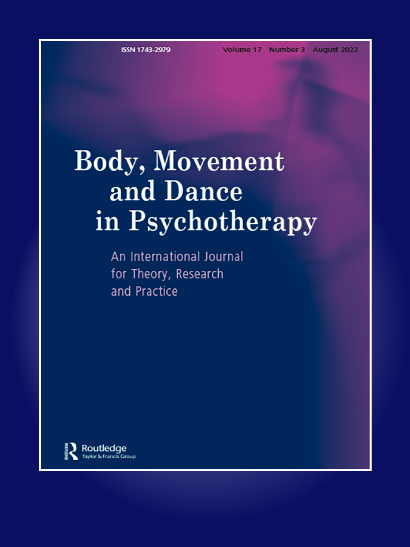

Somatic Practices for Screen Wars
I am honored to have been interviewed by Titania Jordan for her new book Parental Control: A Guide to Raising Balanced Kids in the Digital Era. I was happy to offer my thoughts about how technology affects the body. As the originator of Chi for Two, I know a lot about how our chi (life force) moves our arms and hands to reach for connection with our parents when we are babies.
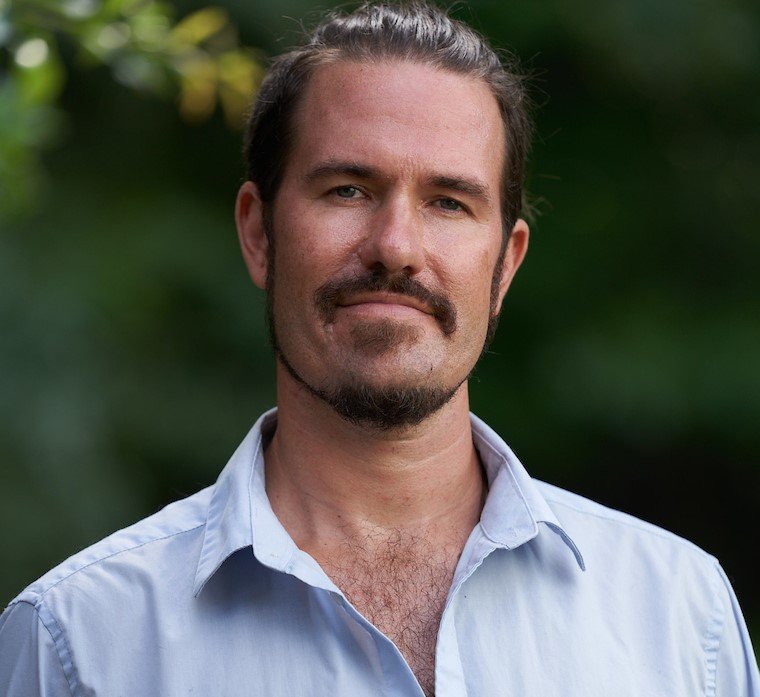
In Memory of Stephen Wagner
In early April 2024, my son Stephen Wagner, one of the co-developers of Chi for Two died.
In the wake of his death, Stephen’s beloved wife of ten years appreciated how the Chi for Two practices for romantic partners helped them have the joyous and adventuresome life they had.
Chi for Two® - a mindful embodiment method is a healing method that works multi-generationally. The five practices for romantic partners help lovers recognize when romantic dances stir unfinished infant/parent dances, which are patterned over many generations.
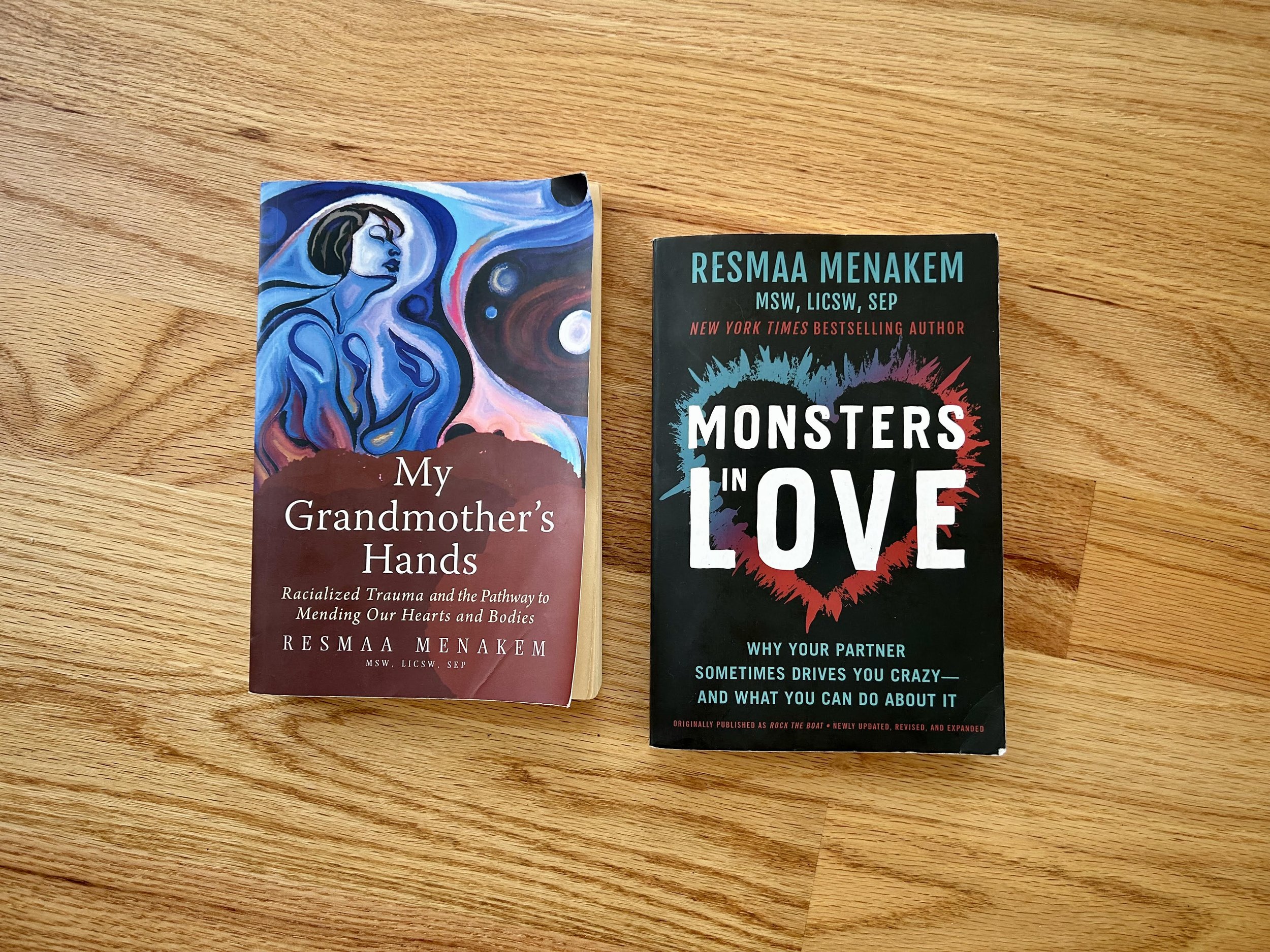
How does Chi for Two® align with the work of Resmaa Menakem’s Cultural Somatics?
Written by Dee Wagner - with Fred Shelton, Chi for Two Embodiment Coach and Director of Diversity Marketing
Resmaa Menakem is the author of My Grandmother’s Hands: Racialized Trauma and the Pathway to Mending Our Hearts and Bodies as well as Monsters in Love: Why Your Lover Sometimes Drives You Crazy—and What You Can Do About It. The best way to describe how Chi for Two is like the work of Menakem is to explain some ways that Chi for Two deepens Menakem’s work.

Chi for Two® Mindful Touch
In Chi for Two® - The Energetic Dance of Healthy Relationship, we invite embodied awareness of the difference between touch in relationships that replicate the infant/caregiver dance and touch in relationships where there is ideally power equality.
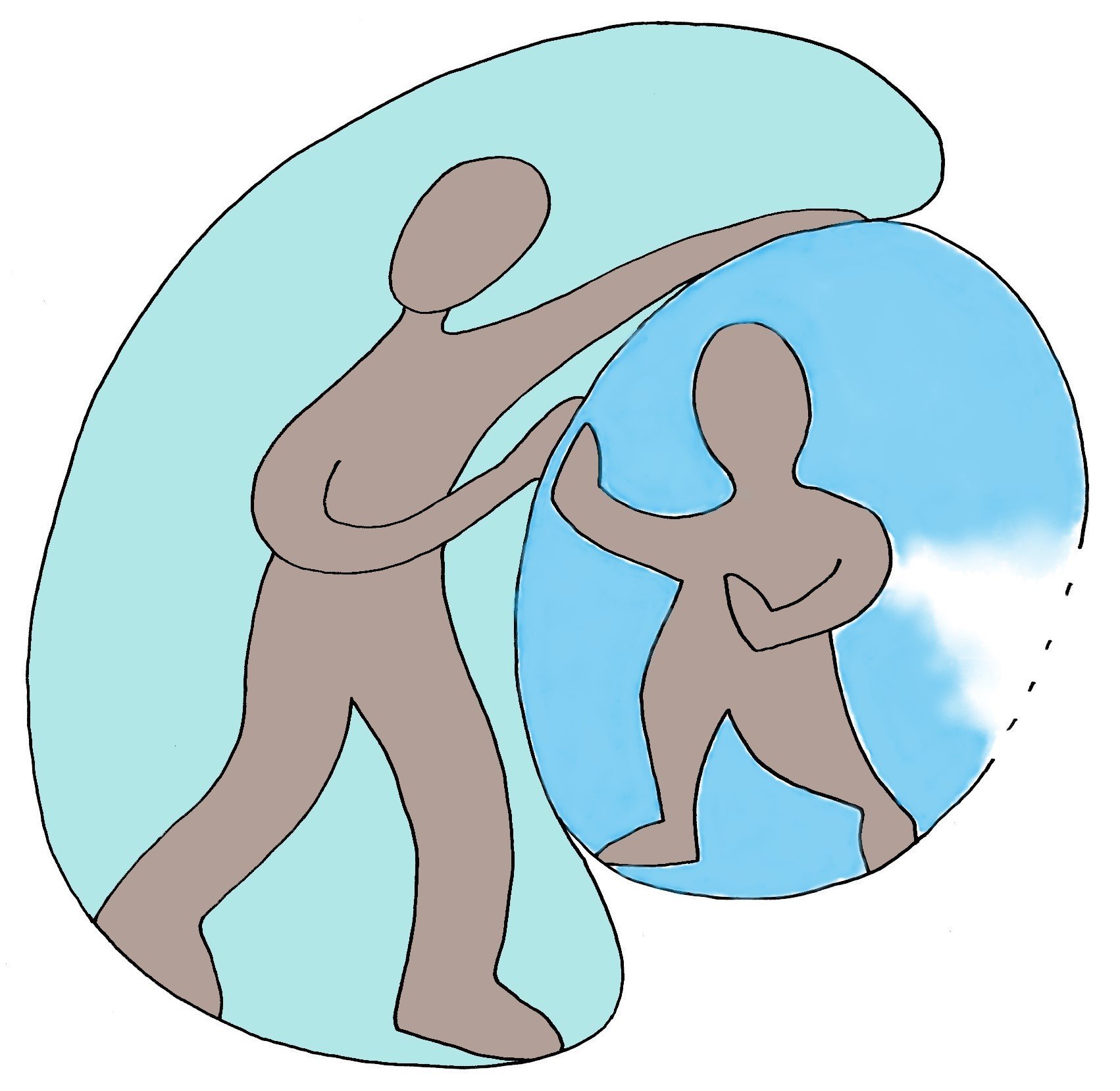
What’s the difference between Chi for Two and Somatic Experiencing?
Levine’s ideas of “titration” and “pendulation” are built into Chi for Two. Over the years, Levine created the trauma healing method Somatic Experiencing. As Wagner has presented on Chi for Two, participants have recognized the deep connection between Somatic Experiencing and Chi for Two because Wagner has been so connected to Levine’s work throughout all the years that led to the creation of Chi for Two.
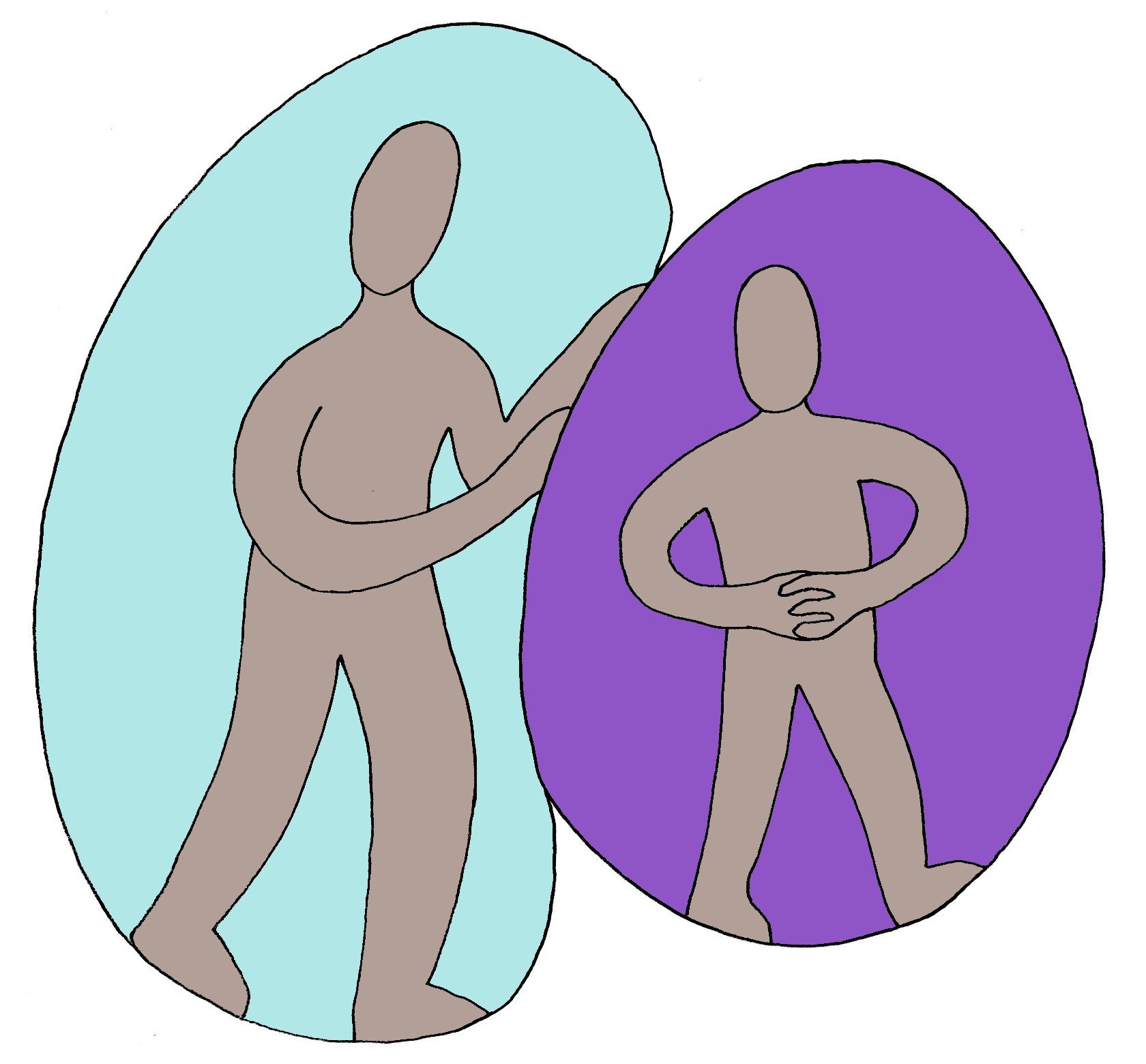
What is the difference between Chi for Two and Dialectical Behavior Therapy (DBT)?
Dialectical Behavior Therapy (DBT) was created by Marsha M. Linehan. DBT is a leading treatment for self-harm, anxiety and depression, especially among adolescents. DBT is considered a second or third-tier Cognitive Behavioral Therapy. DBT adds a mindfulness component. Dee Wagner (originator of Chi for Two) and Caroline Gebhardt (developer of Chi for Two) often explain playfully that Chi for Two can be seen as a “mega-mindful” version of DBT.
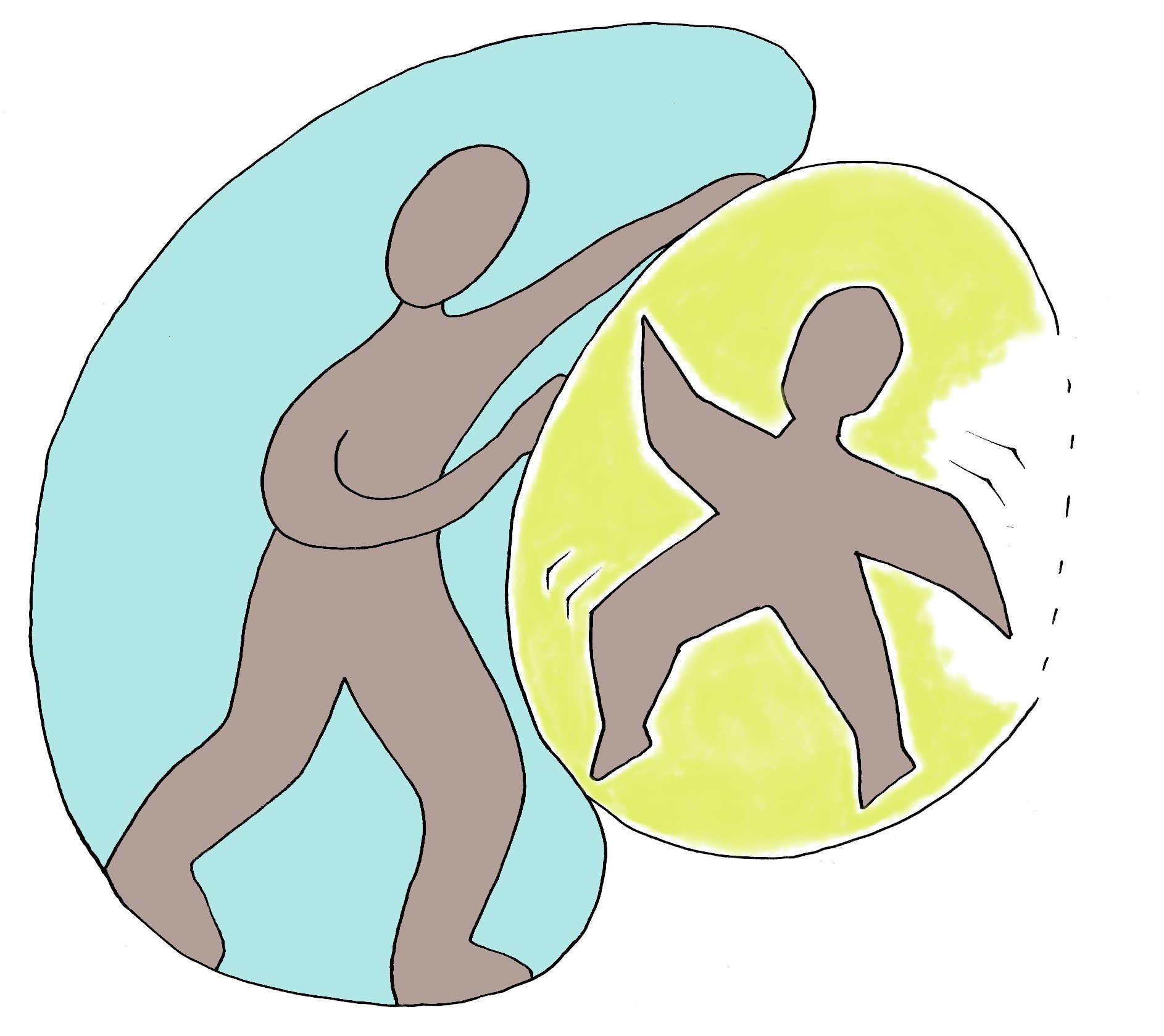
How is Chi for Two like Eye Movement Desensitization and Reprocessing (EMDR)?
Both EMDR and Chi for Two have specific certification training for clinicians. While the specific certification training for EMDR and Chi for Two is very different, both methods appreciate the value of side to side movement.
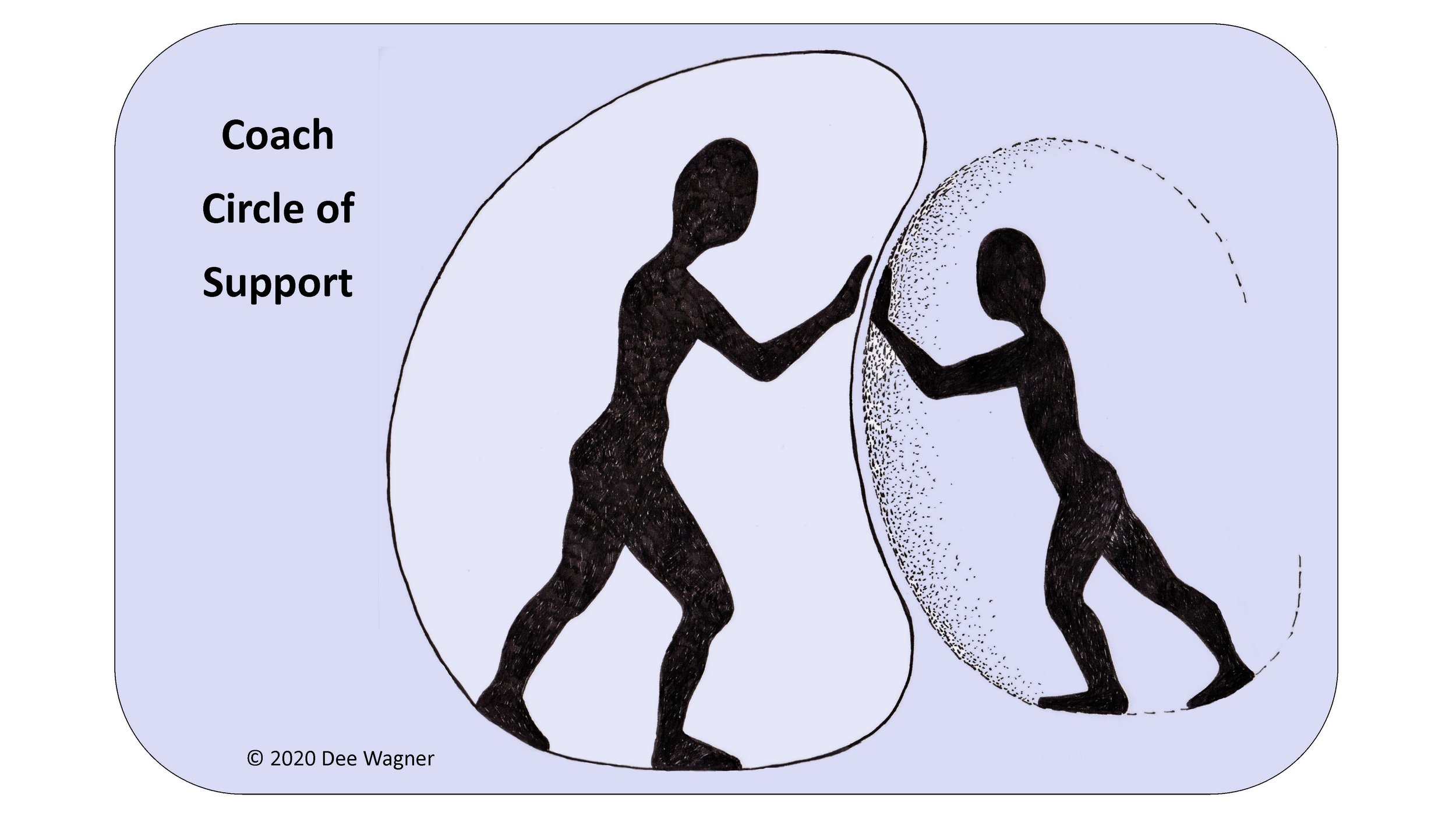
How is Chi for Two like Pesso-Boyden System Psychomotor (PBSP)?
PBSP heals past emotional deficits using unique processes called Structures, which help clients to identify emotional deficits and create ‘new memories.’ These ‘new memories’ provide symbolic fulfillment of basic developmental needs PBSP refers to as place, nurture, support, protection and limits. Similarly, Chi for Two partner practices provide a symbolic redo of major developmental infant/parent interactions.
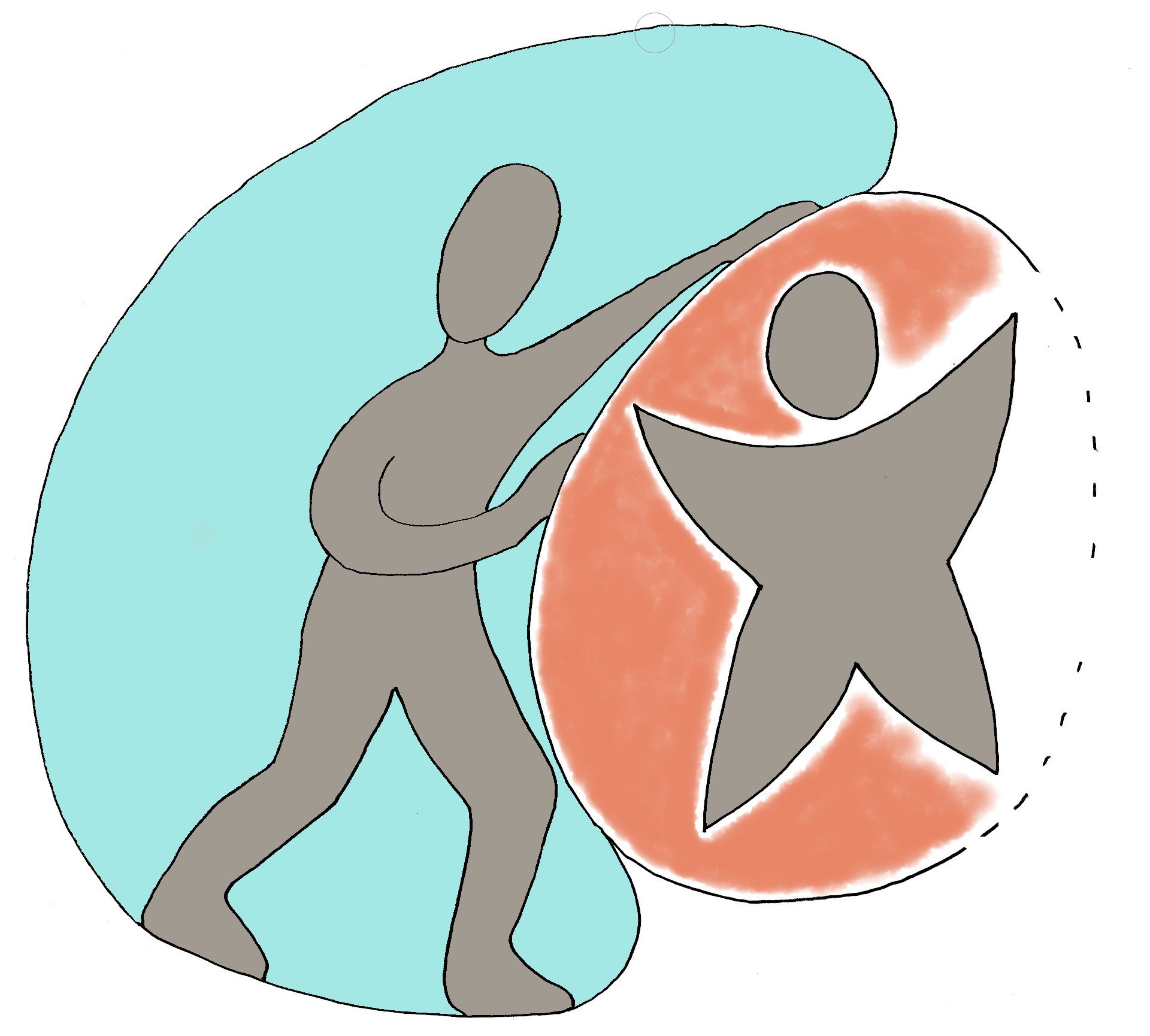
How is Chi for Two like Internal Family Systems (IFS)?
Internal Family Systems Therapy (IFS) was created by Richard C. Swartz. A version of Internal Family Systems Therapy that specializes in work for couples was created by Toni Herbine-Blank.
Both Chi for Two and IFS appreciate the therapeutic value of picturing parts of ourselves.
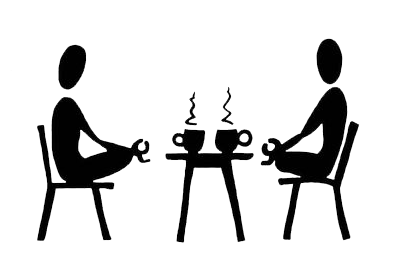
Why do the Chi for Two practices for romantic partners remind me of Emotionally Focused Therapy (EFT) for couples?
Because Chi for Two grows out of Attachment theory, it can remind people of Emotionally Focused therapy for couples. The fact that Chi for Two has partner practices can also create a sense of similarity.
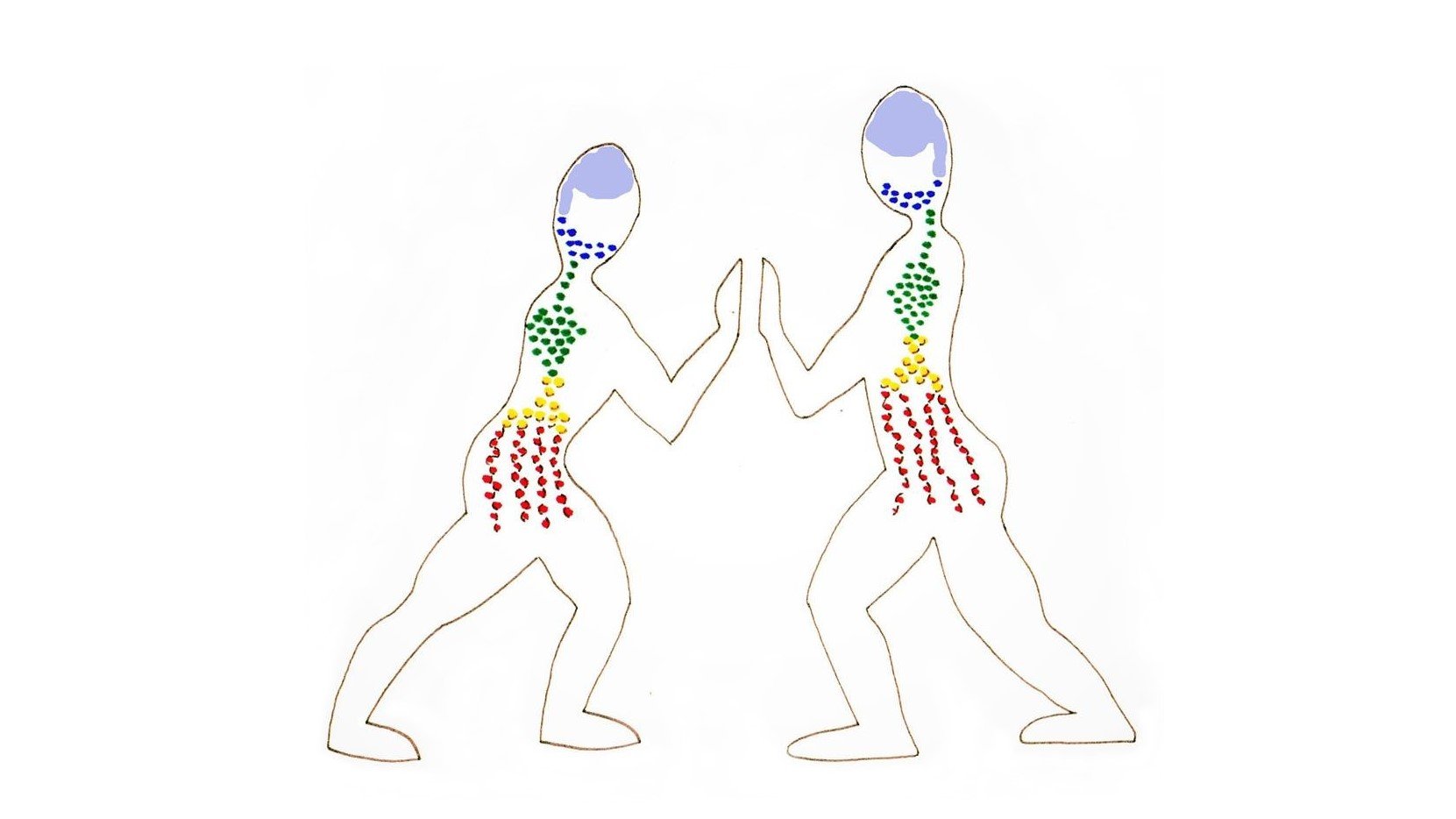
Why do the Chi for Two practices for romantic partners remind me of Imago therapy?
Imago therapy teaches couples communication techniques for reflective listening, requesting behavior changes and listening to a partners’ venting. Aspects of Imago are foundational in Chi for Two.

Can bodyworkers whose trauma healing techniques involve touch benefit from Chi for Two training?
Chi for Two partner practices help people better sense the energetic dance of relationship. Push is a Chi for Two partner practice that bodyworkers can do with clients.
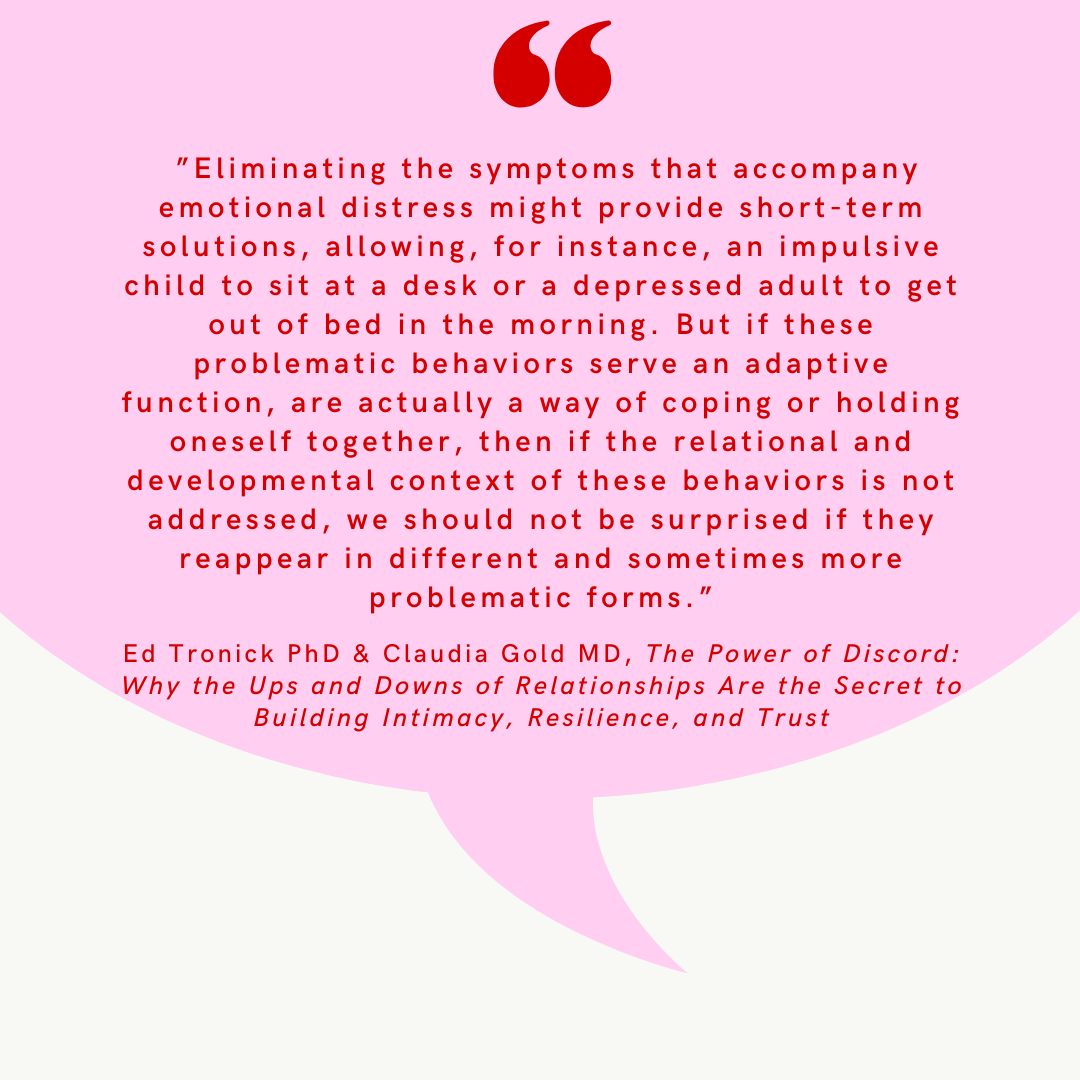
Fighting Rhythms as a Relational Path, not Pathology
Instead of racing to the quickest fix to solve distress, to eradicate unruly behavior, to demand a child to focus, or to stop a tantrum at any age, what about listening deeper for the relational and developmental cry for help? Here’s an opportunity for caregivers to get curious, to pause, to stay with the heat that arises, and to invite embodied connection that celebrates the mismatch. If mismatch, sometimes viewed as “opposition” is not relationally met in a trauma-informed way, it’s bound to appear later in another form.

Mind Your Belly-brain, Not Your Head-brain for a Fresh Relationship with Food, Body-Image and Exercise
Sometimes I hear clients say, “If I could just think differently, I wouldn’t feel so stuck with food/body/exercise!” I say, "What if it’s not all in your head? What if we invite you to shift from your Head-brain to sensing with your Belly-brain?"
M-Bodied: Mindful Movement as Mindful Medicine offers body-based practices we can experience repeatedly with curiosity, compassion and care.
When we begin feeling an inkling of distress or recognize unsustainable patterns that keep us stuck (like the diet/exercise roller coaster), sometimes we want answers and we want them now! We want to know what/when/where to eat. We want to know what/when/where to move. However, these corrective thought patterns and/or prescriptive behavioral adjustments eventually leave us yearning for deeper nourishment.

How M-Bodied Nourishment Continuing Education Courses Can Offer Deeper Nourishment to All Clients
Are you a helping professional looking for the path to nourishment? Are you polyvagal curious?
I received a question by email the other day from a helping professional interested in the M-Bodied Nourishment series I offer with Dee Wagner. This question seemed so important that it occurred to me to share both the question and the answer in a blog post.
Question: Are the M-Bodied Nourishment series courses specifically geared towards disordered eating, or can the skills the courses teach be applied more generally?

Politics, Addiction and the “Dance” of Relationship: A Chi for Two® story
Micah and Logan gave me permission to write a blog post about a recent session they had.
Micah said, “We talked about it. We agreed that we wanted others to know how transformed I was…how powerful it was for Logan to watch me…how much more connected we felt afterwards.”
The session had occurred a week after the Capital was breached by people carrying signs to Stop the Steal. The president was accused of inciting violence. Micah and Logan had showed up for the session, very distressed.
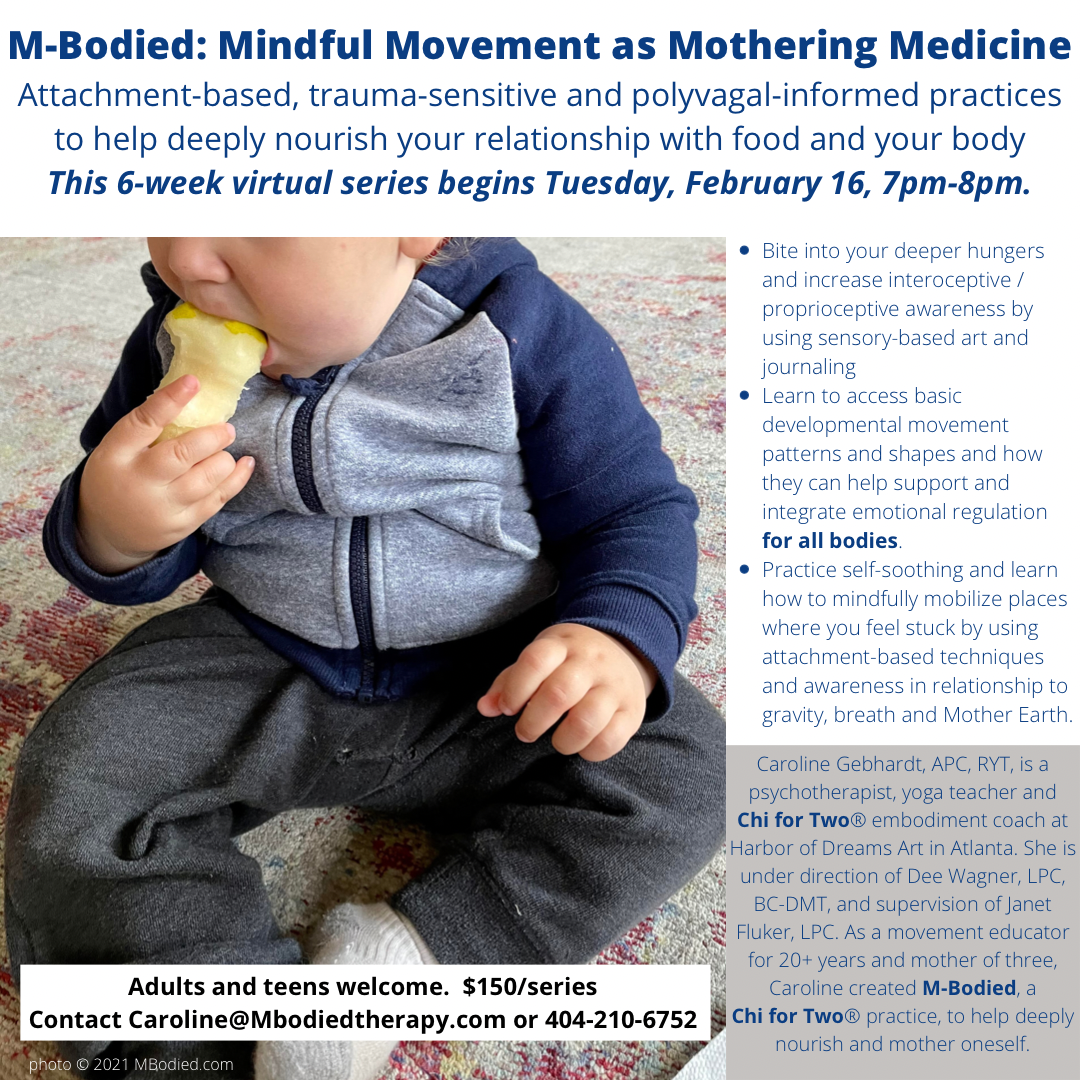
Pandemic Food, Eating and Weight Struggles: Using Mindful Movement to Self-Soothe
Whether you feel too frantic to eat sometimes or your pantry beckons you to snack five minutes after having lunch, emotional eating or struggling with food is a common coping mechanism during stressful times. Pandemic living requires most of us to stay home with more limitations, stressors and grief than we have ever experienced.
You tell yourself: You need to nourish your body with quality fuel and regular movement. That can be a tall order if you’re riddled with spells of anxiety or depression.
Perhaps it’s tempting to invest in a rigid program that the January Diet Culture promises will solve all your problems. But, take it from someone who waved farewell to the Diet Train a long time ago: Pausing to understand your push-pull relationship with food is a more peaceful and promising approach.
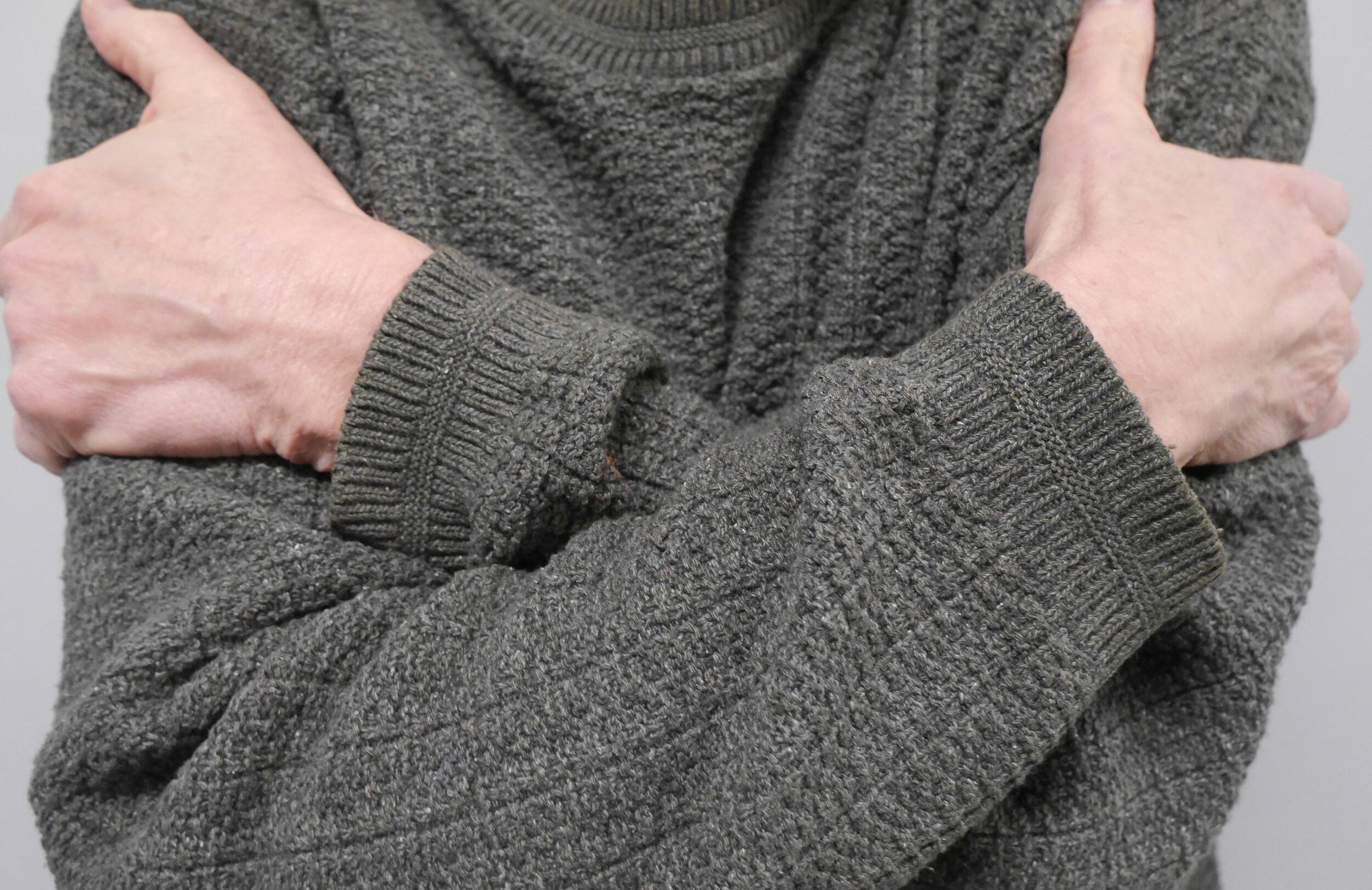
Shifting Rumination into “Room-ination” - A Chi for Two® Story
A while back I wrote a blog about using Chi for Two practices with clients. I told the story of one client’s work. Here is a second story based on work with a different client. Again, I have changed details for confidentiality.
Jessie spoke of being tormented by anxious thoughts that felt like, “I gotta figure this out. Gotta figure this out.” I thought the practice we call Sway would be a helpful beginning, and invited Jessie to explore leaning toward one side and then toward the other side while seated in the chair.
Chi for Two practices invite mindfulness of how interactions with helping professionals offer a redo of infant/parent interactions that pattern nervous system functioning.
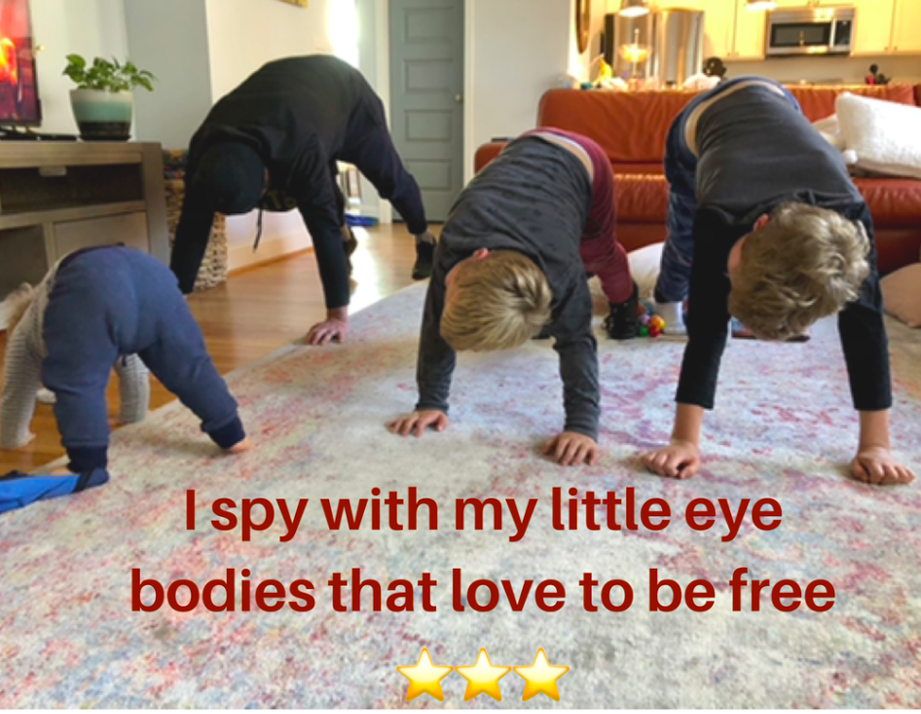
Pandemic Parenting: Oppositional Movement is Key
Parents and caregivers—are you trying to manage children who seem insatiable?
Children hunger for attention, snacks, screens, play and then more attention. How does one help their child to find what they are truly hungry for from moment to moment—love and comfort, belly hunger, video game limits, peer connection, more parent/caregiver contact?
Photo credits:
© 2020 bobmahoney.com - Chi for Two© Practices Celebrate Healthy Oppositional Dances
© 2020 John Cargile - Let’s dig deeper into the Chi for Two© practices of Push and Reach/Grab/Pull

